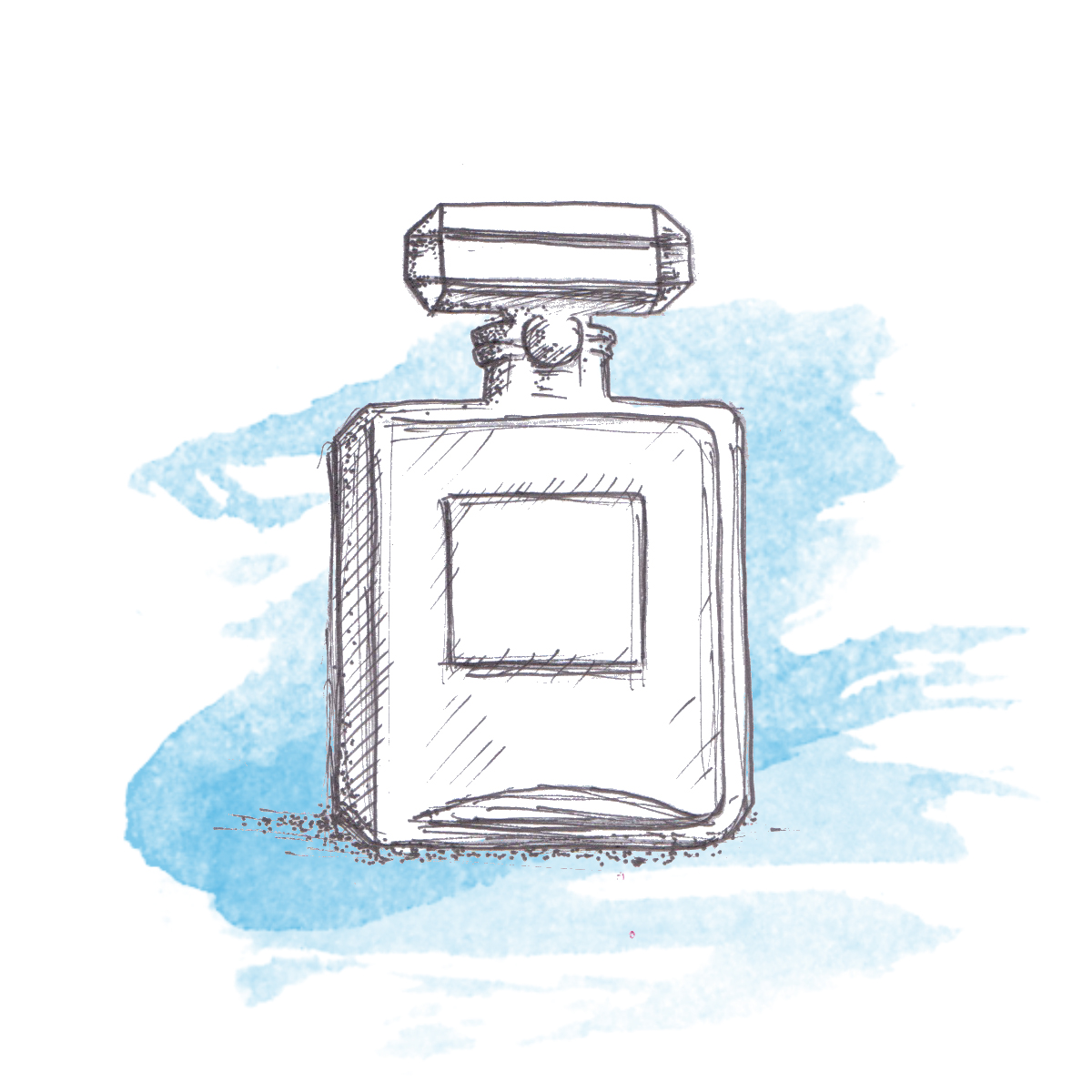Some of the household products we use on a regular basis might be causing more harm than good to our health and the ecosystem. In choosing home products, it’s best to stay vigilant about what we use on our bodies and in our houses, about what we should keep and what we should replace.
Perfumes

Chemicals commonly used in perfumes are found to contain toxins such as acetone, ethanol, and methylene chloride, among many others. Their effects range from the simplest allergic reactions, dizziness, and headache to central nervous system disorders, kidney damage, and respiratory failure.
Better alternative: Natural perfumes made from essential oils, vegetable carrier oil like olive or coconut oil, distilled water, and grain alcohol.
Disposable batteries
Better alternative: Aluminum-ion batteries that are rechargeable. They contain aluminum anode instead of lithium, which is safer to use.
Wet wipes
Wet wipes wreak havoc in the environment much like plastic bags. They are made from plastic linen, which does not decompose, so they end up clogging our sewage systems and, consequently, accumulate in the ocean. Sea turtles often mistake wet wipes for jellyfish, which leads them to ingest the wipes and suffer from starvation and even death.
Better alternative: Homemade wipes made out of flannel cloth and dipped in a solution of boiled water, olive oil, and Castile soap.
Plastic razors
The process of molding disposable razors demands an unsustainable energy-filled process. Studies show that Americans annually discard two billion non-recyclable razors, which all end up in landfills.
Better alternative: Classic safety razors where only the blade requires changing.
Canned goods
Some manufacturers of canned goods use a chemical called bisphenol A in the lining of the metal cans. This synthetic estrogen disrupts hormones and is linked to breast cancer, obesity, attention deficit disorder, and genital abnormalities, even with minimal use.
Better alternative: Food packaged in Tetra Pak. The carton is comprised of six layers, enabling it to conserve the quality of food sans preservatives.
Wooden chopsticks
It’s a no-brainer that trees are sacrificed in the production of wood. Disposable chopsticks are also drenched in sulfur dioxide, known to be detrimental to the respiratory system. Chinese actor Huang Bo once soaked a pair of disposable chopsticks in boiled water, and they came out coated in yellow, greasy-looking residue with a pungent odor.
Better alternative: Re-paper a pair of reusable paper chopsticks using cardboard and eco-friendly glue. Or purchase a metal pair that can be re-used forever. When going to Asian restaurants, remember to bring reusable chopsticks as well.
This story originally appeared in Southern Living and Northern Living, January 2017.
Read more:
Sorry, sheet masking is bad for the environment
Have a greener sex life with these condoms
Three zero-carbon gift ideas every environmentalist will appreciate